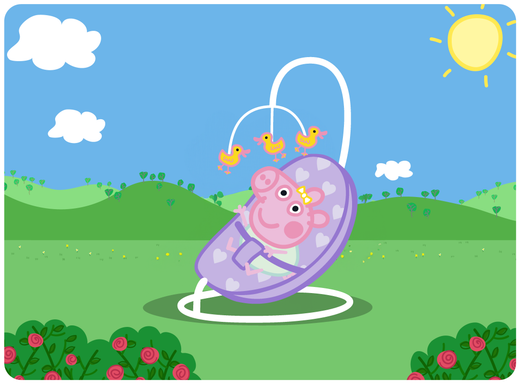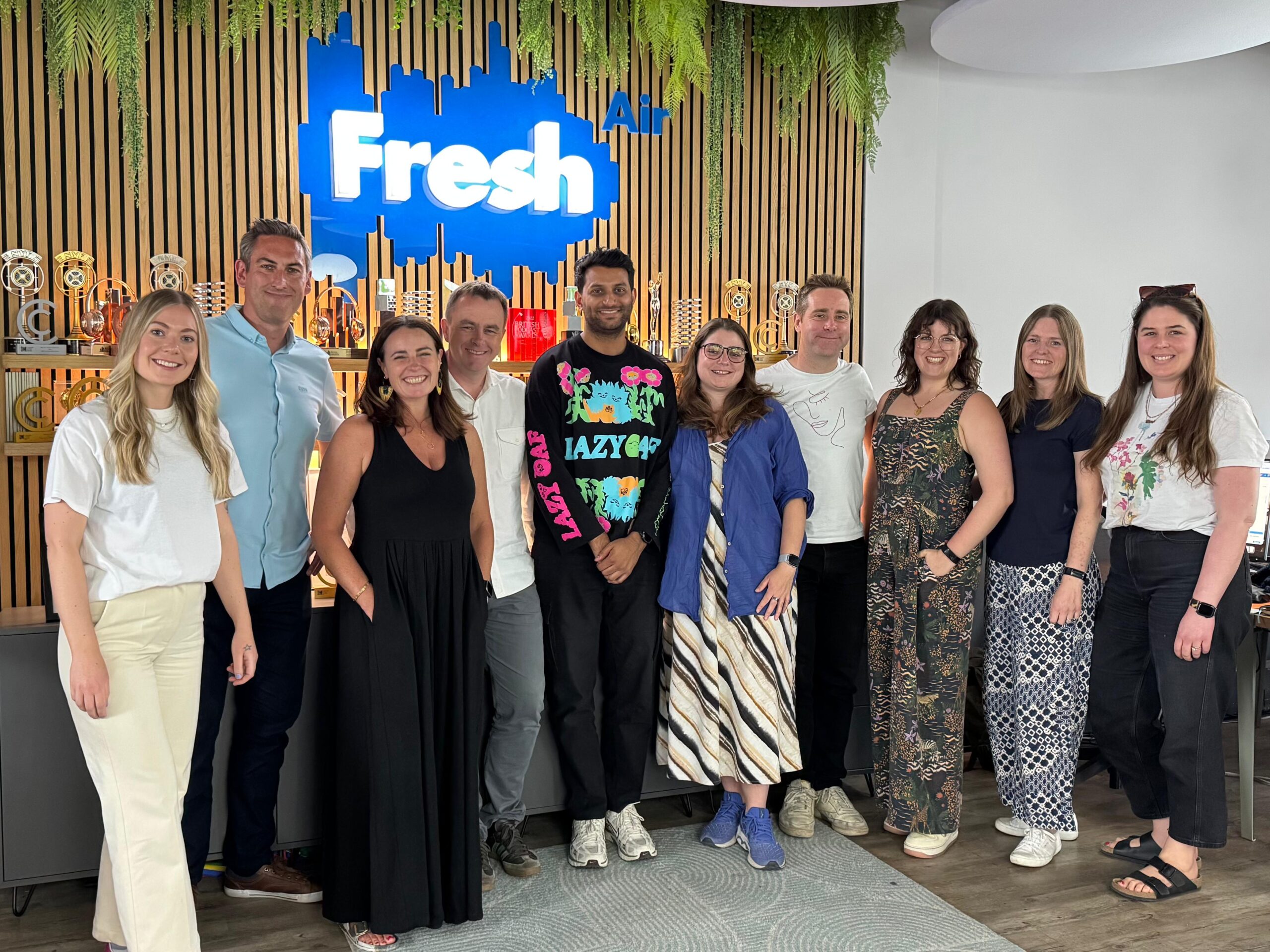So, it’s been about three months since I started my new role here at Fresh Air. It’s been far too much fun for my liking and I’ve learnt plenty. Which makes it the perfect time to blog about it, because I love sharing. There’s a lazy tendency in marketing of – whack enough money into digital and you’re guaranteed numbers. In podcasting this is definitively not the case. It’s old school. Which makes it fun, and exciting. And scary.
I’m old enough to have started work in the early days of the internet (2000) and it feels pretty similar. No-one knows what good means. BUT- I have noticed some common trends behind success, which I’ve managed to corral under six headings to help YOU, dear reader as you take your first baby steps into podcasting.
Originality
Community
Flexibility
Topicality
Money
Knowledge
1:) Originality
Podcasting behaves very similarly to YouTube and to TikTok- vast buckets of content with a few people doing brilliantly, and a lot of people doing just about ok. So originality is paramount, you have to stand out in a crowded market, so what are you doing differently to everyone else? What show can only you make? What channels can only you use to promote it?
There’s the 3 T’s: pick Talent, Topics and Titles that appeal to your target audience.
Then there’s the 3 R’s: what can you (only you) do that’s Relevant, Relatable, and Repeatable. The best YouTubers and TikTok talent do this in spades, so check out this film for YouTube channels which is a great aide memoire for podcasting too.
In the end, if you’re going to make a podcast, make it one that you want to listen to.
2.) Community
This is where it gets exciting (and hard!). The place to start is the Podcasting Community, Podcasters are a collaborative bunch and like swapping. Search for Podcasts that target your audience and are of a similar size and direct message them. Create a simple give/ get deal for them offering cross promotion in your podcast (like an ad, an editorial insert, a preview on your feed) for the same in theirs. This isn’t easy, and takes you down some rabbit holes, but we’ve found it’s really effective, inexpensive and we often cross promote across our network of clients.
Next is your Social community and your Talent and Guest’s social communities. These are critical to develop your audience – people who will already be open to your podcast’s story. We see significant peaks much more with organic tweets, or YouTube talent featuring on a podcast, than with anything you can do with paid.
Finally, we’re lucky enough to work for some brilliant brands, who often have thousands of employees. Getting the internal community listening and sharing gives the podcast that vital initial momentum.
3.) Flexibility
Podcasting is a simple form. Which makes it infinitely flexible for you to distribute across your owned channels, turning it to video, text, infographics etc. We’re lucky enough to have people who turn the audio into social assets of all shapes and sizes.
Turn it to video to drive reach on Facebook and YouTube, create live-streams on YouTube or Twitter Spaces around topical moments. You have tonnes of video choices, from an ‘audiogram’ (basically your podcast artwork with a sound clip), a zoom-like video recording or my particular favourite – a simple two camera set-up that makes you feel like you’re in the room with the presenters.
4.) Topicality
Podcasts can be simple to set-up. No vast costume outfits or complex CGI renderings of St Paul’s. It makes them perfect to hop onto what is happening for an immediate, expert take on what’s happening right now. Listeners want (and arguably, need) the detail and context a podcast can give them to go behind the headlines they see for a second on their phone. As a podcaster, you can help them with judgement from your place of expertise.
They’re also perfect as a tool for PR. We involve PR professionals right from the beginning of production to get news lines, exclusives and tactics set up front
This is where titles are so crucial. Use Google Trends to work out what people are searching for; build the title format so they’re consistent to help users navigate in their scrolling and use guest names! We see immediate peaks if we include a celeb, especially if they’re on music talent and often searched for on Spotify.
5.) Money
Money Talks.
Money Talks.
Podcasting is often so tempting for a lot of the people we meet because it seems so simple and so cheap (read: low risk, low effort), but as it gets more crowded and more mainstream, money increasingly does matter. Invest in talent and guests, invest in promotion, invest in proper producers who can make your story sing. Paying people properly will mean they will promote you to high heaven and you will get success quicker.
How much should you spend? Answer: it depends on what you want to achieve. If pushed, a ready rule of thumb is that you should spend at least 50% of your budget on promotion at a minimum, with 70% being closer to the mark.
Chucking the money on social media doesn’t work for podcasts, and we often have to talk big agencies out of implementing a cookie-cutter, driving traffic approach. As we dig in, the investment that works is advertising on the podcast platforms themselves. They’re getting more and more sophisticated in their tracking and targeting and you will see the results in your downloads, listens and follows.
Also, work your hardest to make sure your investment in a podcast ladders up to revenue. Did a customer listen to your podcast as part of your sales funnel? Did the dress you recommended see a sales increase? The more your podcast is tied to revenue and a specific business return, the freer you’ll be to make the show you want to make.
6.) Knowledge
Finally, the last and most important element. You need to know what good means. Do not approach a podcast as a vanity project that’s a secret. Approach it with transparent, measurable, realistic goals that ladder up to a good strategy. By all means, adapt as your podcast goes out into the wild, but measure so you can make good decisions based on data rather than instinct.
Podcast measurement is messy and imperfect, mainly caused by Spotify and Apple measuring audiences slightly differently and marking their own homework. I help navigate these murky waters for our clients and I would thoroughly recommend James Cridland’s updated podcast metrics article here which demystifies much and explains podcast data much better than I ever could. It’s brilliant at definition of podcast metrics which often get thrown around without context.
Finally, you’ll never get it right first time, so once you have your metrics in front of you, implementing a test and learn approach so you’re continually improving (or striving to improve) is important. Pick a metric, have a theory on how to improve it, implement, measure, test again.
And you’ll learn stuff. So, if you do, will you share with me too?
Have fun podcasters!




